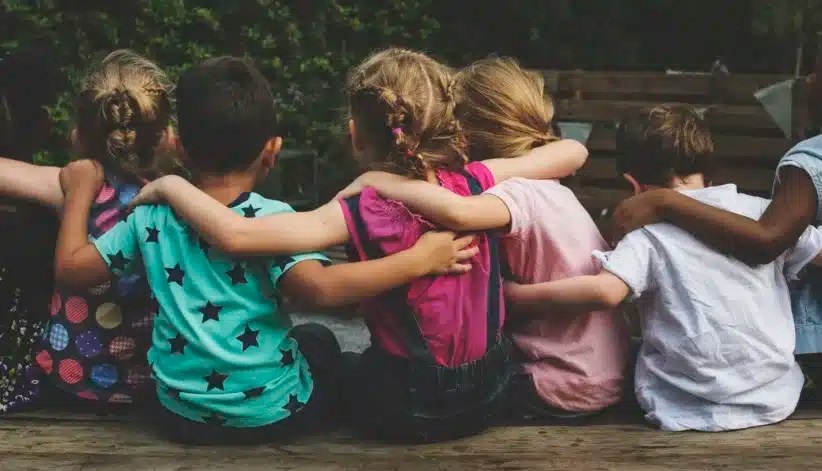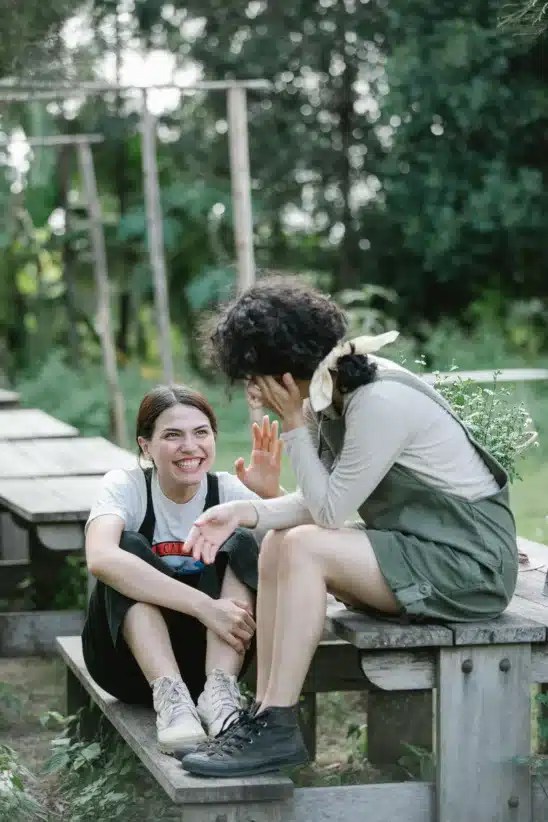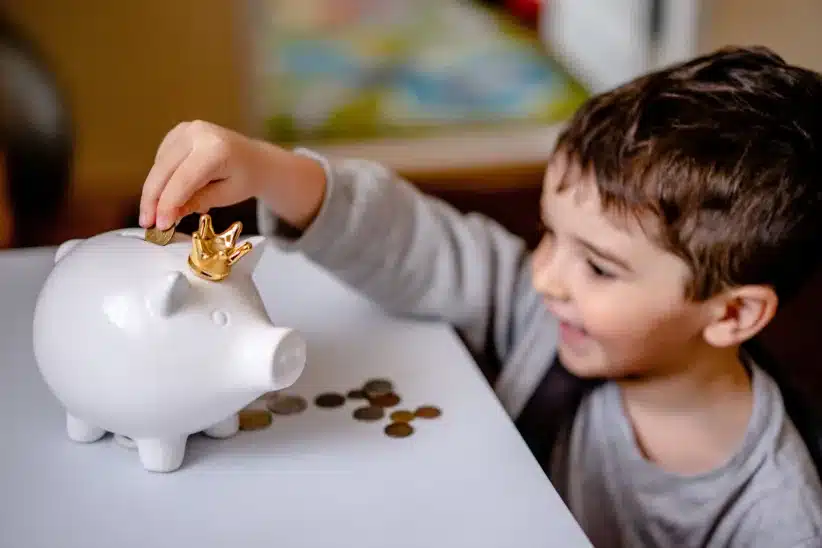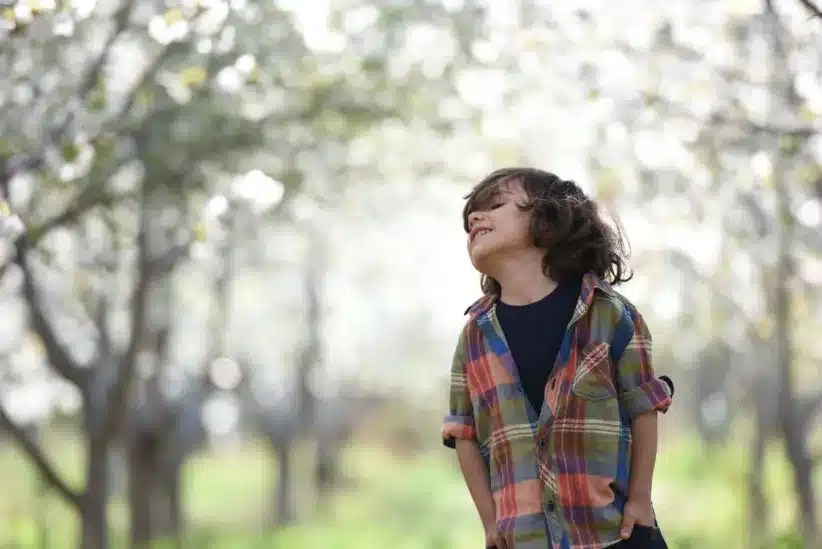 When searching for a sleepaway camp—or resident camp, as some call them—there are many factors families need to consider. The most basic decision involves the type of camp but even that has its subtleties. One must consider the pros and cons of a general camp versus a specialty camp. Likewise, do you want your child in a coed setting or single sex—or a kind of hybrid known as brother-sister camps?
When searching for a sleepaway camp—or resident camp, as some call them—there are many factors families need to consider. The most basic decision involves the type of camp but even that has its subtleties. One must consider the pros and cons of a general camp versus a specialty camp. Likewise, do you want your child in a coed setting or single sex—or a kind of hybrid known as brother-sister camps?
Here are the key differences between camp types. It is not that one type is better than the other, of course. It is simply a matter of where your child will be more successful and happy.
Single Sex Camps – Single sex camps don’t have campers of the other sex at camp. At single sex camps, female campers may be more willing to try new things and feel less self conscious since boys are not around. The way they look, how their hair is, or the type of clothes they wear all become less relevant. (Note: There are single sex, coed and brother-sister camps that have uniforms for this reason as well). For some boys, a single sex environment will allow them to be more sensitive and not feel like they are going to be judged. Finding it easier to center their program on the interests of just one sex, many single sex camps go for more of a specialty mix than a general mix, with a focus on certain activities or themes, like sports or arts. “After we explored several options, we chose an all-girls camp for our daughter,” said parent Barbara Leshinsky. “I wanted to counter the social pressure most kids face in school. I also felt convinced that the all-girls camp would prove to be valuable to help build her self esteem during her adolescent years. My daughter is also extremely athletic and I knew she would be challenged athletically and not afraid to express her competitiveness or ability.” Although campers spend their daily activities, evening activities and special events with children of the same sex, single sex camps often have regular socials with nearby camps of the opposite sex. The number of socials with another camp usually increases with the age of the campers.
Coed Camps – At coed resident camps, the girls and boys have many shared facilities, including the waterfront, dining hall, and sports fields. Coed camps have a clear separation of boys’ bunks and girls’ bunks. Gail Gold chose a coed camp for her three girls. “Camp is like a mini version of the real world. A coed camp has given my girls a chance to experience friendships with boys and build strong social skills in a safe, nurturing environment,” she says. “The girls have a distinct living area away from the boys which allows them to have bonding with other girls but they get to experience other camp activities with the boys at camp—they get the best of both worlds.” Even though coed camps have shared facilities, it doesn’t necessarily mean that all daily activities are coed. Each coed camp is different: some camps have some coed daily activities, other coed camps keep daily activities separate, but the boys and girls come together for meals, some evening activities, canteen, and special events like carnival, color war and off-camp trips.
Brother-Sister Camps – Brother-Sister camps are two camps on the same property or close by to each other. They usually have the same owners but each camp has its own traditions while also sharing traditions between the two camps. Each camp has their own facilities including different waterfronts and dining halls. Brother-Sister camps allow girls and boys to participate in separate activities during the day just like a single sex camp or some coed camps, but for many Brother-Sister camps, girls and boys come together for meals, special events and some evening activities. Many Brother-Sister camps also schedule special sibling activities so brothers and sisters have a chance to see each other and spend time together on a regular basis during the summer. “When we were looking for a summer camp four years ago, I had never heard of Brother-Sister camps,” said Amanda Greenblatt, the mother of twins, one boy and one girl. “My daughter said she wanted an all girls camp and my son was interested in a coed camp. I was trying to figure out how I was going to manage two different camps and two different visiting days until I came across a Brother-Sister camp that felt right for both of my children. Each camp has their own colors, traditions and songs and my children get to do separate activities during the day but are brought together on weekends to do activities together. My kids often bicker at home but when they talk about camp, they recall the fond memories of times they spent together.”
Traditional Camps – Traditional summer camps offers children a varied camp experience with many different camp activities such as swimming, archery, ropes course, arts and crafts, soccer, basketball, boating and drama, among many others. For parents looking to provide their children with a social and developmental experience, such as learning life skills, developing independence, learning responsibility and connecting with people, the traditional camp will provide these experiences. Campers at traditional camps also become part of a community and will enjoy traditional summer camp activities such as Olympics, Color War, Bunk Activity Days, Community Service Projects, Carnival, and trips off camp.
Specialty camps – Specialty camps focus on a specific camp activity or related camp activities for a given period of time. There are many different types of specialty camps available for children for just about every interest such as horseback riding, tennis, drama, gymnastics or soccer. Some kids who have a dedicated passion during the school year look to a specialty camp to help them take it to the next level. Other kids with a long-term specialty want just the opposite: to use summer camp as a chance to try new things, and a big variety of things. In addition to interests and activities other specialty camps are distinguished by their focus on children with certain kinds of special needs like autism or diabetes. Religious orientation can be a unifying theme of certain camps too, thought they still will be segmented by sex and by the general or specific focus on the day-to-day activities.
What Type Of Camp Best Suits Your Child?
Answering the following questions can help families decide what type of camp will work for their child.
- Does your child have a lot of friends of the opposite sex during the school year or have a sibling of the opposite sex that he or she likes spending time with? If yes, a coed camp or brother-sister camp would most likely be the best fit for your child.
- Is your child athletic and likes to spend his or her day playing sports? If yes, many single sex camps focus on sports, whether it’s a boys’ camp or a girls’ camp.
- Do you feel that your child spends too much time focusing on the opposite sex? If you answered yes, maybe a single sex or brother-sister camp would be a good choice and allow your child to focus on friendships and the activities that he or she enjoys.
- During the school year, does your child like participating in soccer, school plays and tennis? If yes, he or she may like a more varied day and may prefer a traditional camp where the camper can participate in many different activities each day. Traditional camp gives them exposure to a whole range of activities and allows children to develop many different skills and talents.
- Does your child attend an all girls’ or all boys’ school? If your child does, maybe sending him or her to a coed or brother-sister camp during the summer would be a good change and allow your child to socialize with children of the opposite sex in the safe environment of camp.
- Does your child focus on only in one activity most of the time and shows little interest in anything else? If yes, a specialty camp focused on that activity might be the right fit for your child. But clearly that’s a discussion worth having with your child, in case he or she might prefer a break from it.
“The important issue in finding a camp is to understand the philosophy of the camp and the camp director,” says Renee Flax, Director of Camper Placement for the American Camp Association, New York and New Jersey. “Ask them about these issues and get their viewpoint. Once you feel that you are on the same page philosophically with a specific camp, you have probably found the right camp for your child.”





















